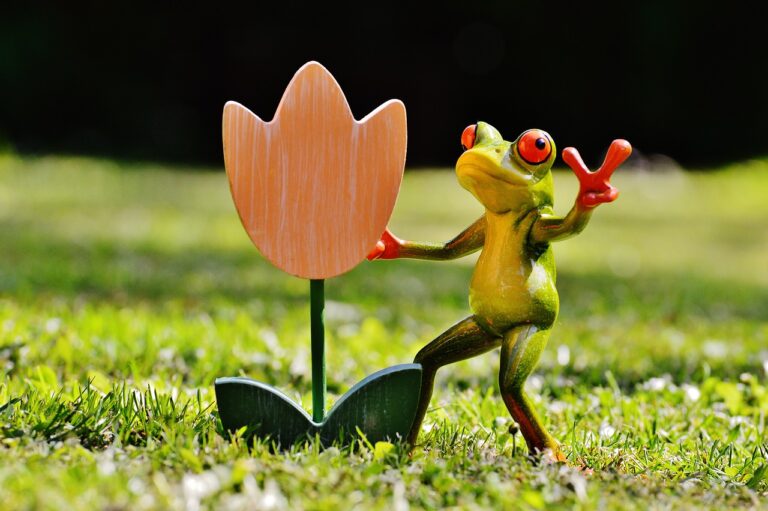Exploring the Role of Book Critics in Literary Discourse and Public Opinion: My 99 exch, Laser book 247 com registration, Yolo247 club login
my 99 exch, laser book 247 com registration, yolo247 club login: Exploring the Role of Book Critics in Literary Discourse and Public Opinion
When it comes to the realm of literature, book critics play a crucial role in shaping literary discourse and public opinion. These individuals have the power to influence readers’ perceptions of a particular piece of writing, ultimately determining its success or failure in the eyes of the public.
Book critics are responsible for analyzing and evaluating works of literature, providing insights into their themes, characters, writing style, and overall impact. Their reviews are often published in newspapers, magazines, and online platforms, reaching a wide audience of readers who rely on their expertise to make informed decisions about what books to read.
But what exactly is the role of book critics in literary discourse and public opinion? Let’s delve into this topic further.
1. Gatekeepers of Quality
Book critics act as gatekeepers of quality in the literary world. They sift through the vast array of books published each year and identify those that stand out for their creativity, originality, and literary merit. By highlighting the best works and warning readers about subpar ones, critics help to maintain a standard of excellence in the industry.
2. Influencers of Taste
Book critics also have the power to influence readers’ tastes and preferences. Through their reviews, they can introduce readers to new authors, genres, and writing styles, expanding their literary horizons and encouraging them to explore diverse perspectives and voices.
3. Promoters of Diversity
Critics play a vital role in promoting diversity in literature. By championing works by authors from marginalized communities and highlighting issues of social justice and inclusivity, they help to create a more inclusive and representative literary landscape.
4. Sparking Debate
Book critics are not just passive observers; they are active participants in the ongoing conversation about literature. Their reviews spark debate and discussion among readers, authors, and fellow critics, shedding light on different interpretations and perspectives on a particular work.
5. Holding Authors Accountable
Critics hold authors accountable for their writing, pointing out weaknesses and inconsistencies in their work while also acknowledging their strengths and accomplishments. By providing constructive feedback, critics help authors to grow and improve their craft.
6. Shaping Literary Trends
Book critics have the power to shape literary trends and movements by highlighting emerging voices and innovative storytelling techniques. Their reviews can propel a relatively unknown author to stardom or introduce a new genre to a wider audience.
FAQs
Q: Do book critics have any biases that may affect their reviews?
A: Like any other industry, book critics may have their own biases and preferences that can influence their reviews. It’s essential for readers to consider multiple reviews and viewpoints to get a well-rounded understanding of a particular book.
Q: How can aspiring writers use book critics to their advantage?
A: Aspiring writers can use book critics’ reviews as a learning tool to understand what works and what doesn’t in literature. They can also reach out to critics for feedback and guidance on their own work.
In conclusion, book critics play a multifaceted role in shaping literary discourse and public opinion. Their reviews provide valuable insights and perspectives that enrich our understanding of literature and encourage us to explore new worlds through the written word.







